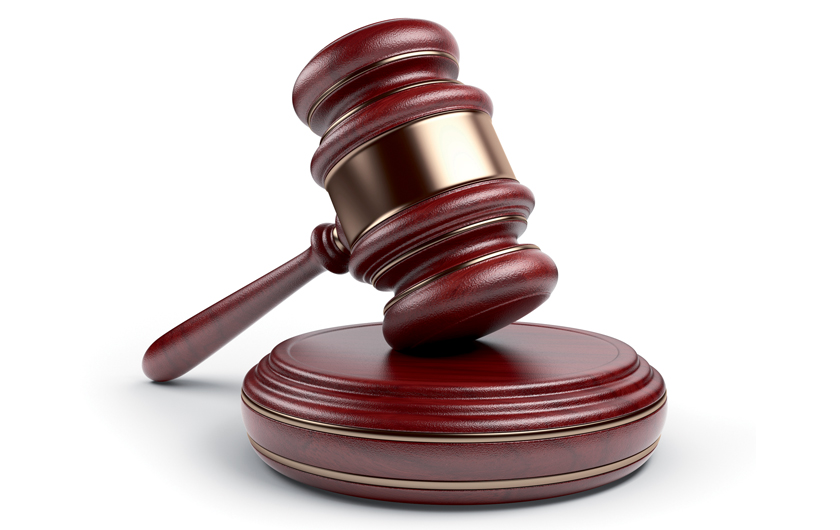There’s a lot more to estate planning than a will
By Olev Edur
An estimated $400 billion is set to pass from one generation of Canadians to the next, yet many Canadians have no wills, and many who do have a will have planned no further than that basic document.
A properly structured estate plan can reduce taxes and other costs, as well as simplify and speed the transition of assets, while ensuring that your beneficiaries are protected. The consequences of inadequate estate planning, however, can be harsh. In worst-case scenarios, a government trustee can assume total control of your estate and dispense all the assets according to a rigid formula, without regard for your wishes and subject to the usual red tape. Lawsuits can spring from seemingly minor misunderstandings, tax mistakes can cost tens of thousands of dollars on even a modest estate, and delays can be interminable.
Settling an estate can be a complex undertaking because estate, family, and tax laws all intersect at an emotionally charged time—it’s very difficult for surviving family and other loved ones to make the right decisions at that point. You need to plan ahead.
The following are some tips and suggestions from financial experts who spoke with Good Times about what to do—and not do—in assembling an effective estate plan.
 Christine Van Cauwenberghe, vice-president of tax and estate planning at Investors Group in Winnipeg:
Christine Van Cauwenberghe, vice-president of tax and estate planning at Investors Group in Winnipeg:
One thing we find with our clients is that people can focus too much on probate planning rather than on the distribution of their assets in a fair manner.
People are also quite insistent on making direct beneficiary designations to avoid probate, but in many cases, this isn’t recommended. Probate fees are less than one per cent in most provinces and less than two per cent in the others, so they’re a minor consideration compared to taxes.
Say, for example, that one of your three kids gets your RRSP through a beneficiary designation. It will go outside the estate so that that child gets the gross, untaxed amount. Meanwhile, the tax bill goes to the estate, so the other two children get that much less. Similarly, if you designate all three children as beneficiaries and one of them predeceases you, his or her children will be disinherited. It can really cause a lot of heartache, and in some cases litigation.
That’s why we generally recommend direct beneficiaries only when there’s an only child and he or she is mature enough to handle the money. People often give their money to minors, and then it gets tangled up with a government-appointed trustee until the child reaches the age of majority. Or someone gets remarried and leaves the money to a new spouse, disinheriting the kids from the former marriage in the process.
It’s the same with joint ownership arrangements to reduce probate: there are only a few instances in which these are recommended. People don’t understand that there’s the “big tax” and the “small tax,” as I call them. Income tax is the “big tax.” Yes, our income tax rates are graduated, but in the year of death, a large RRSP and some capital gains can mean a rate close to 50 per cent. Probate is only around one or two per cent, yet people are fixated on that “little tax” and not the big one.
In addition, some of our clients are adamant about specifying in their wills who gets what, designating specific assets to specific beneficiaries. This is not recommended, because for one thing, it makes it almost impossible to treat all beneficiaries equally. Asset values are seldom equal.
And what about taxes? Who pays them? It’s also impossible to know exactly what you are going to own at the time of death. You may have sold certain properties and forgotten to change your will, and property values change all the time. Circumstances change, too—you may leave the cottage to one child, but then he or she moves to California.
In most cases, it would be better to allocate equal shares of the whole estate to each beneficiary; they can figure out among themselves how to divide the property and who gets what. They can buy specific items using their part of the value of their inheritance. For example, if each child gets $400,000 and one wants to take a vacation property worth $500,000, then he or she can pay the estate $100,000. If you start designating specific items to certain people, it can cause a lot of grief and could lead to litigation.
Leanne Kaufman, head of RBC Estate and Trust Services in Toronto:
One of the problems that Canadians might not even know they should think about when planning their estate is a new one: their digital legacy. Increasing numbers of Canadians of all ages are using the Internet for all kinds of reasons—finances, shopping, socializing—and the impact of this digital presence needs consideration.
You need to investigate the online companies you’re dealing with and find out about their policies for dealing with death. For example, if you’re on Facebook, do you understand what happens to your profile information when you pass on, according to Facebook rules? Have you included this sort of information in your will so that your next of kin will be aware of your active online accounts and can tidy them up? Do they have the necessary passwords?
Photo: Jupiter Images.



 Christine Van Cauwenberghe, vice-president of tax and estate planning at Investors Group in Winnipeg:
Christine Van Cauwenberghe, vice-president of tax and estate planning at Investors Group in Winnipeg:


